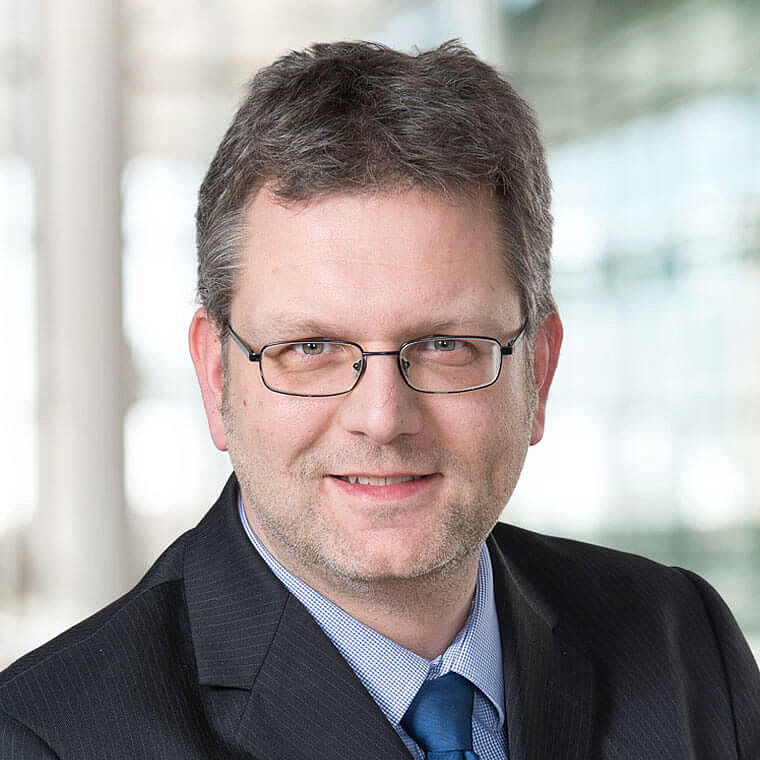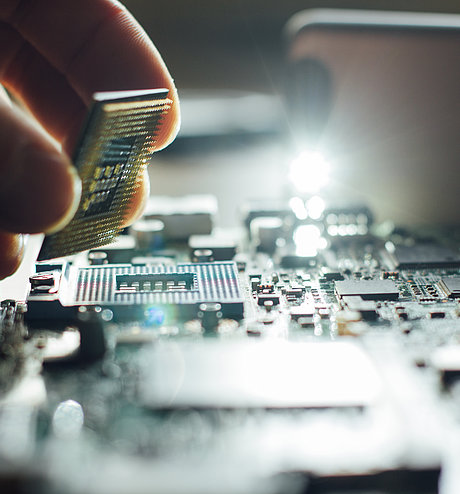MPTSC - Model Predictive Trajectory Set Control for Mechatronic Systems
Ref.-No. 5041
Keywords: Model predictive control, microprocessor, micro controller, discretization
For a fast and precise control of mechatronic systems usually non-linear PID controllers are used. The more nonlinearities a system contains, the more complex the control task becomes. A more advanced control concept is Model Predictive Control (MPC), which resolves a number of disadvantages of the classic control concepts. These include the explicit adherence to state and input constraints and the intuitive controller design. The MPC also involves solving an optimal control problem that is computationally expensive. Since the solving must be done between two sampling steps, processes with high dynamics can push the process to its limits. One solution is Model Predictive Trajectory Set Control (MPTSC), which approximates MPC. This approximation reduces the computational effort significantly, without losing the model predictive character. Essentially, MPTSC is based on the discretization of the input domain and can thereby forego gradient-based optimization algorithms in particular. Therefore, any cost terms and prediction models can be used. Adaptation of the discretization ensures a high approximation quality of the classical MPC.
Competitive Advantages
- Real-time capable for high sampling frequencies
- Intuitive controller design
- Flexible use
- Contains advantages of MPC
Commercial Opportunities
MPTSC can be used for a wide range of mechatronic systems as there are no restrictions on the cost terms and prediction model. The adjustment of the control is intuitive, so that it can be carried out by the user himself. Due to the reduced computational effort, MPTSC can also control systems with fast dynamics in real-time.
Current Status
A German and an international patent application have been filed.The procedure was verified experimentally. On behalf of TU Dortmund, we offer interested companies the opportunity to license and to further develop the technology.
—
An invention of TU Dortmund.


